Minerals play a crucial role in various industries and have become the backbone of modern civilization. These naturally occurring, inorganic substances are not only beautiful to behold but also essential for economic growth and technological advancements. In this article, we will delve into the captivating world of minerals and shed light on their significance in business. 1. Understanding Minerals: Minerals are solid, naturally occurring substances that possess a crystalline structure. They occur in nature through geological processes and are extracted from the Earth’s surface or underground mines. These substances are categorized based on their chemical composition and physical properties. 2. Versatility and Utilization: Minerals serve as key raw materials in numerous industries, including manufacturing, construction, electronics, and energy production.

.
 For example, steel, a vital material in construction and infrastructure development, relies on iron ore as its primary mineral component. Silicon, extracted from silica minerals, is fundamental in the production of semiconductors and solar panels. 3. Economic Impact: The mineral industry has a significant impact on national economies and global trade. Countries rich in mineral resources have the potential for economic prosperity through mineral extraction and export. Mineral-rich nations often witness increased job opportunities, infrastructure development, and revenue generation. 4. Market Dynamics: The market for minerals is highly dependent on supply and demand.
For example, steel, a vital material in construction and infrastructure development, relies on iron ore as its primary mineral component. Silicon, extracted from silica minerals, is fundamental in the production of semiconductors and solar panels. 3. Economic Impact: The mineral industry has a significant impact on national economies and global trade. Countries rich in mineral resources have the potential for economic prosperity through mineral extraction and export. Mineral-rich nations often witness increased job opportunities, infrastructure development, and revenue generation. 4. Market Dynamics: The market for minerals is highly dependent on supply and demand.
..
 The demand for minerals fluctuates depending on evolving industrial requirements, geopolitical factors, and technological advancements. Market trends, pricing mechanisms, and international trade agreements play a vital role in determining the economic viability of mineral extraction and trade. 5. Environmental Considerations: While minerals bring economic benefits, their extraction and processing can have significant environmental impacts. Mining activities, if not conducted sustainably, can result in habitat destruction, soil erosion, and water pollution. The mining industry is increasingly adopting responsible practices to minimize environmental risks and improve sustainability. 6. Technological Innovations: Advancements in technology have revolutionized the mineral industry.
The demand for minerals fluctuates depending on evolving industrial requirements, geopolitical factors, and technological advancements. Market trends, pricing mechanisms, and international trade agreements play a vital role in determining the economic viability of mineral extraction and trade. 5. Environmental Considerations: While minerals bring economic benefits, their extraction and processing can have significant environmental impacts. Mining activities, if not conducted sustainably, can result in habitat destruction, soil erosion, and water pollution. The mining industry is increasingly adopting responsible practices to minimize environmental risks and improve sustainability. 6. Technological Innovations: Advancements in technology have revolutionized the mineral industry.
…
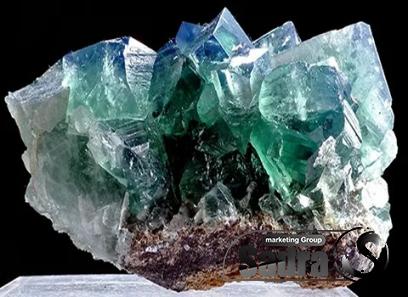 Remote sensing, geospatial mapping, and artificial intelligence (AI) are now utilized to identify potential mineral deposits more efficiently and accurately. Additionally, innovative extraction methods, such as bioleaching and plasma technology, are being developed to improve resource efficiency and reduce environmental footprint. 7. Investing in Mineral Resources: Investing in mineral resources can be an attractive opportunity for businesses and individuals seeking long-term returns. Minerals, particularly precious metals like gold, silver, and platinum, serve as a hedge against economic uncertainties and inflation. However, such investments require careful consideration of market dynamics, geological surveys, and legal frameworks. Conclusion: Minerals play an indispensable role in various sectors, shaping industries, economies, and technological advancements. As businesses continue to seek ways to meet the demands of a rapidly evolving world, minerals remain a key resource. By recognizing their importance, adopting sustainable practices, and leveraging technological advancements, businesses can unlock the hidden treasure trove that minerals have to offer.
Remote sensing, geospatial mapping, and artificial intelligence (AI) are now utilized to identify potential mineral deposits more efficiently and accurately. Additionally, innovative extraction methods, such as bioleaching and plasma technology, are being developed to improve resource efficiency and reduce environmental footprint. 7. Investing in Mineral Resources: Investing in mineral resources can be an attractive opportunity for businesses and individuals seeking long-term returns. Minerals, particularly precious metals like gold, silver, and platinum, serve as a hedge against economic uncertainties and inflation. However, such investments require careful consideration of market dynamics, geological surveys, and legal frameworks. Conclusion: Minerals play an indispensable role in various sectors, shaping industries, economies, and technological advancements. As businesses continue to seek ways to meet the demands of a rapidly evolving world, minerals remain a key resource. By recognizing their importance, adopting sustainable practices, and leveraging technological advancements, businesses can unlock the hidden treasure trove that minerals have to offer.
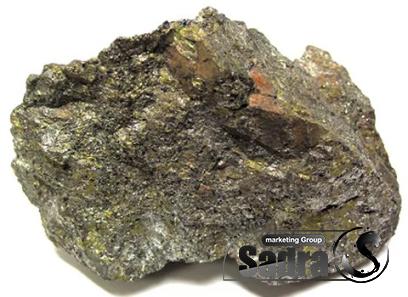
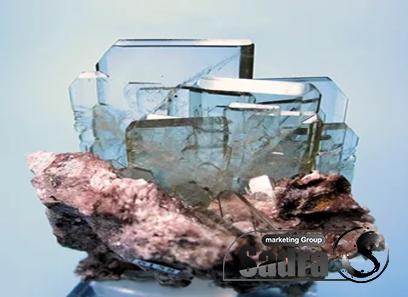
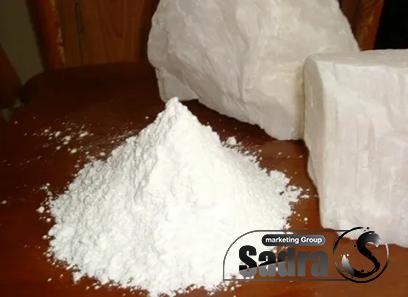

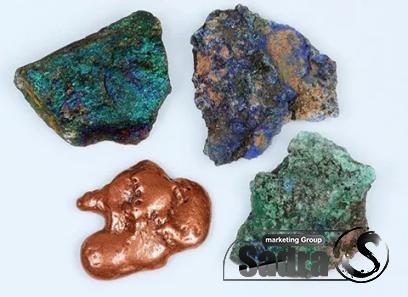



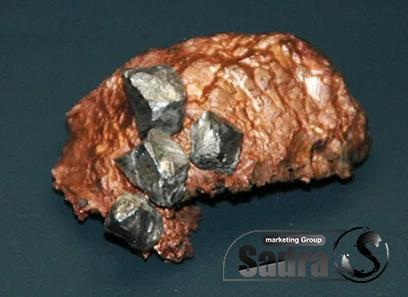

Your comment submitted.